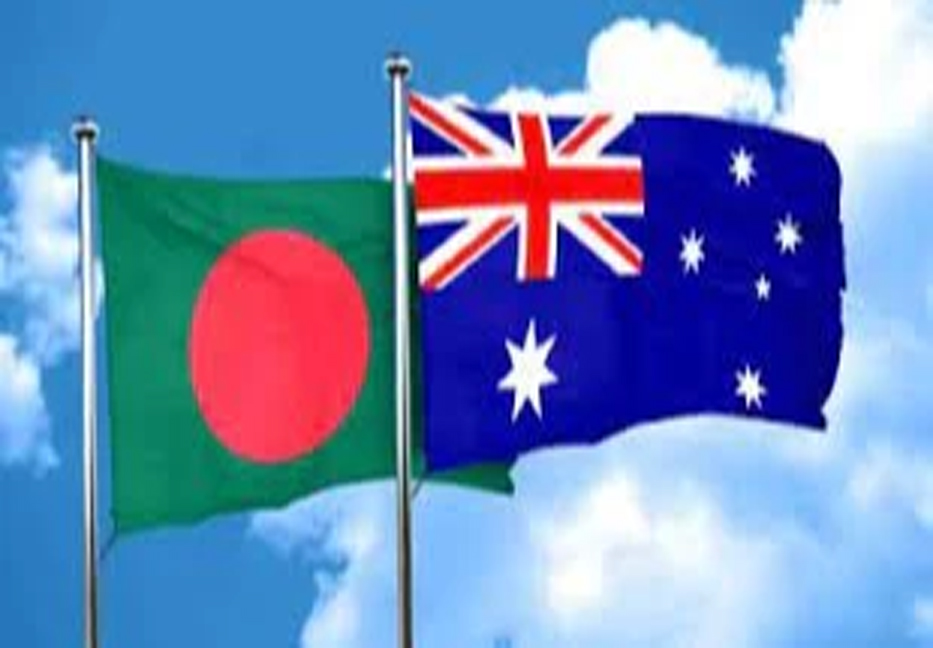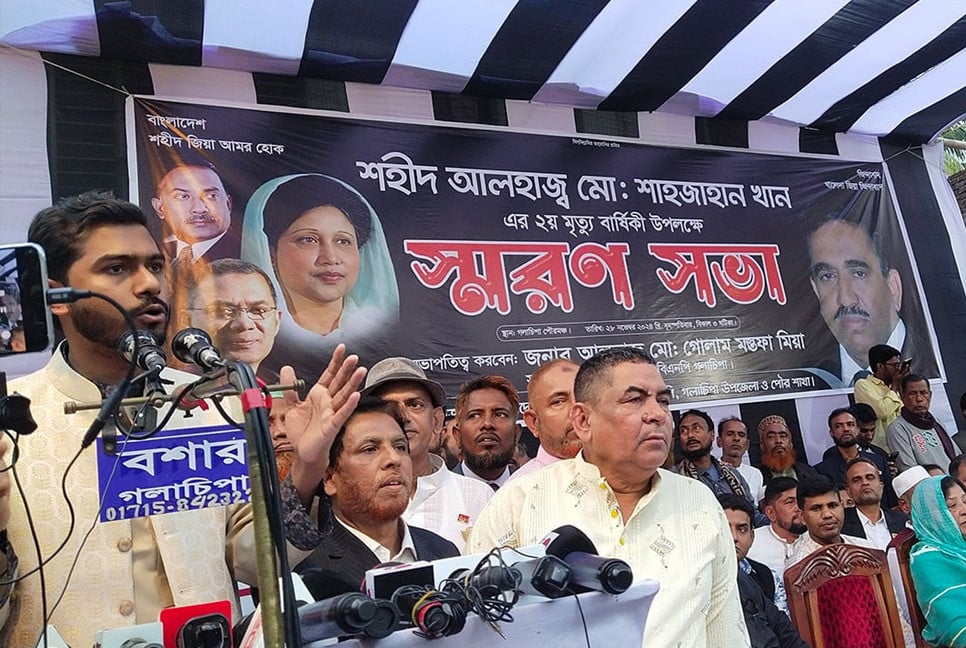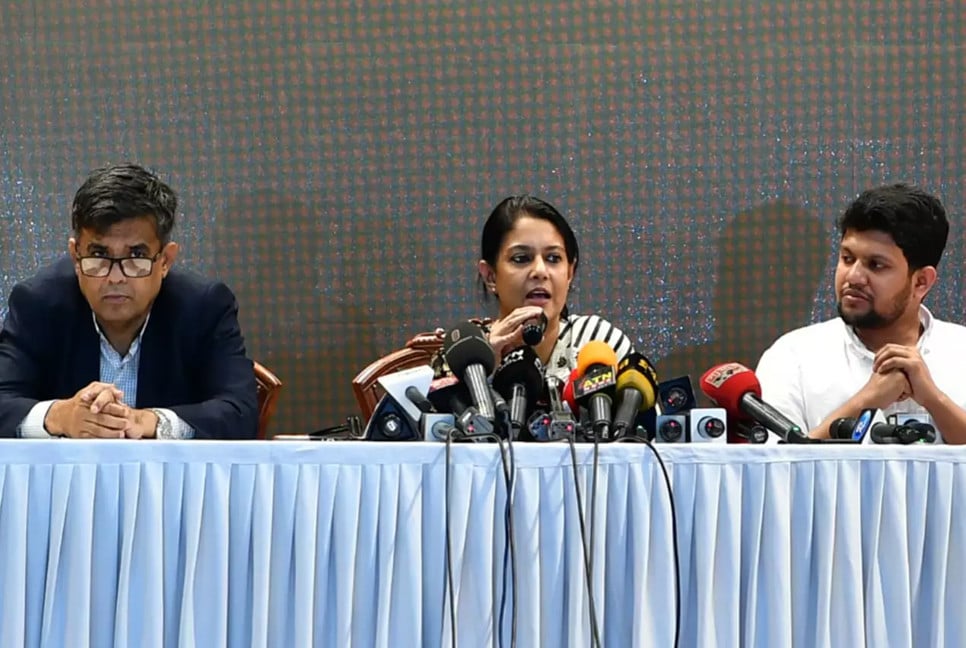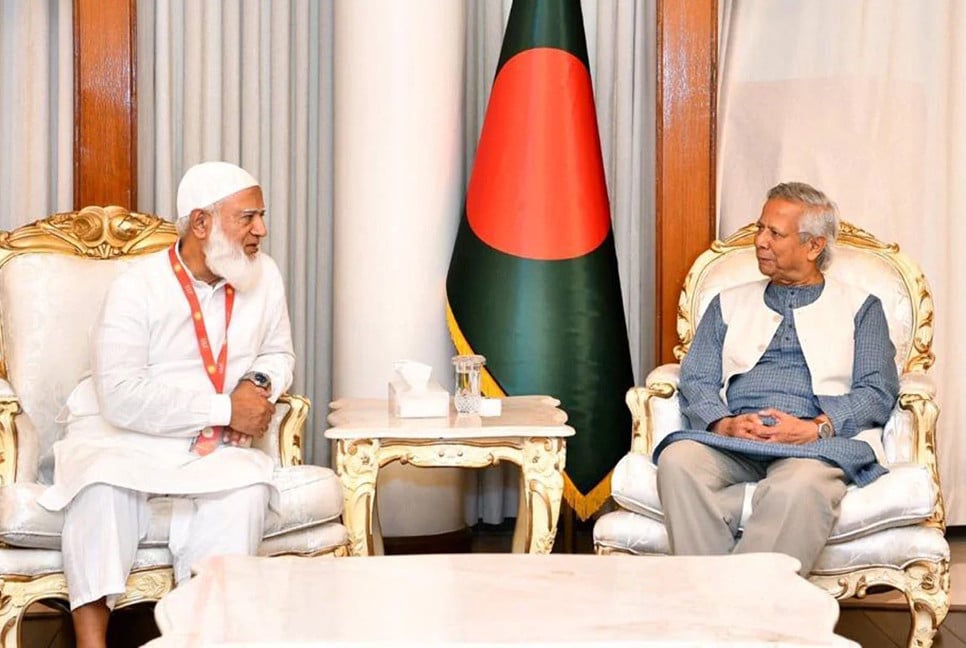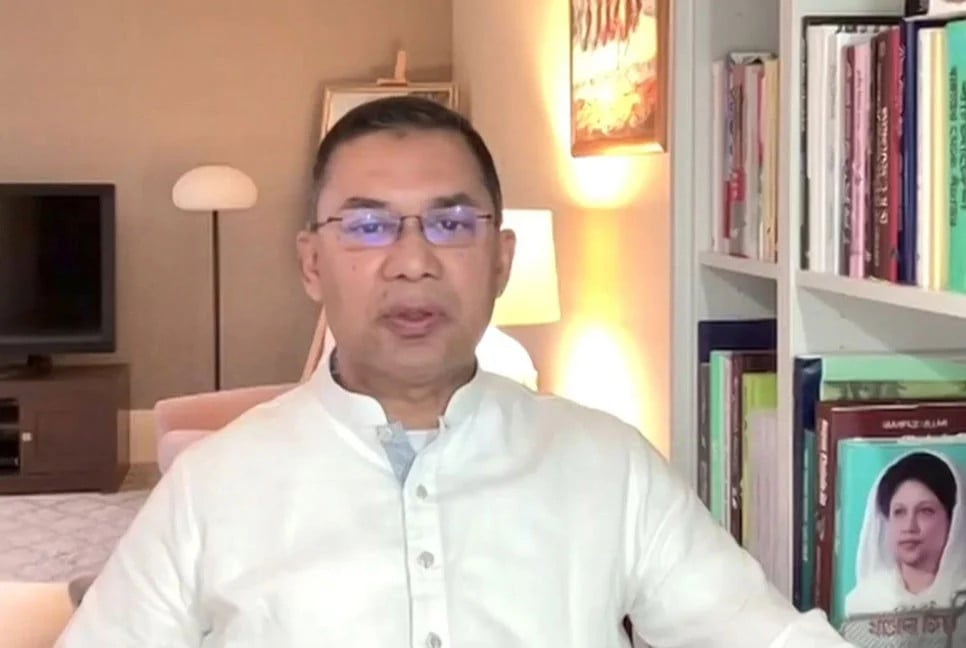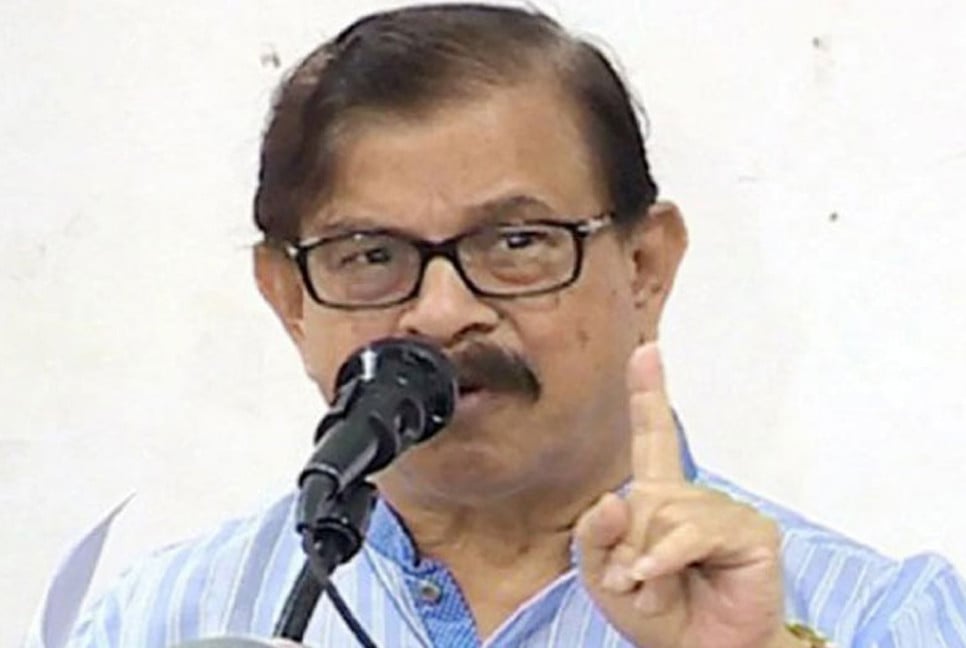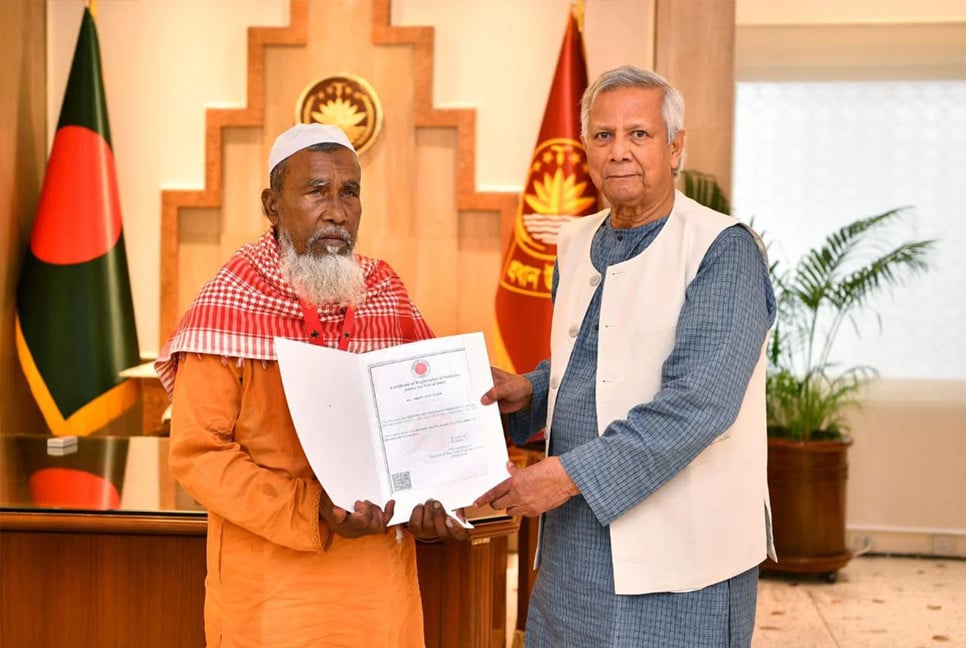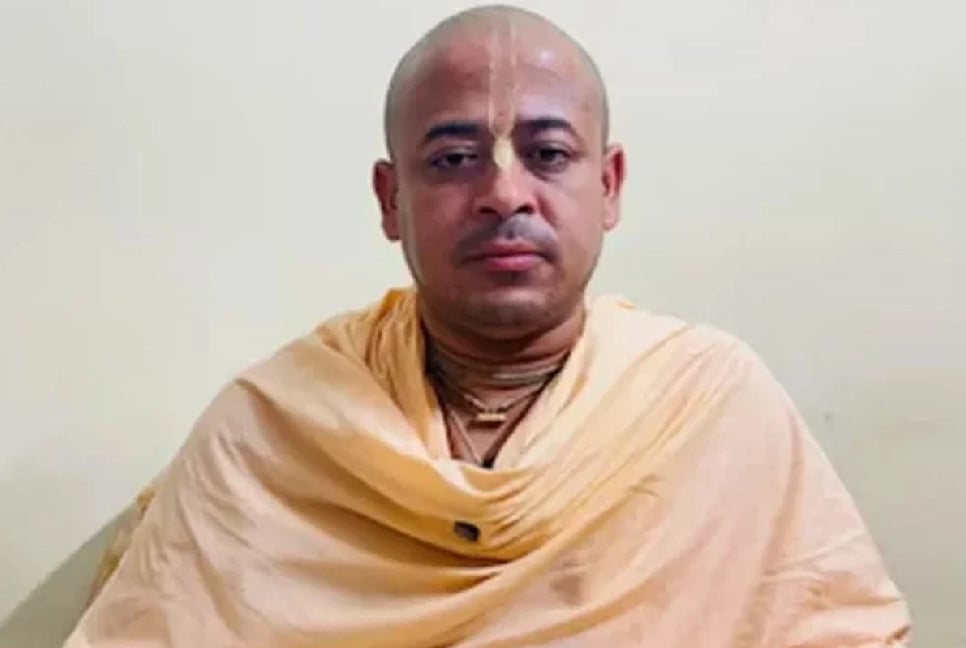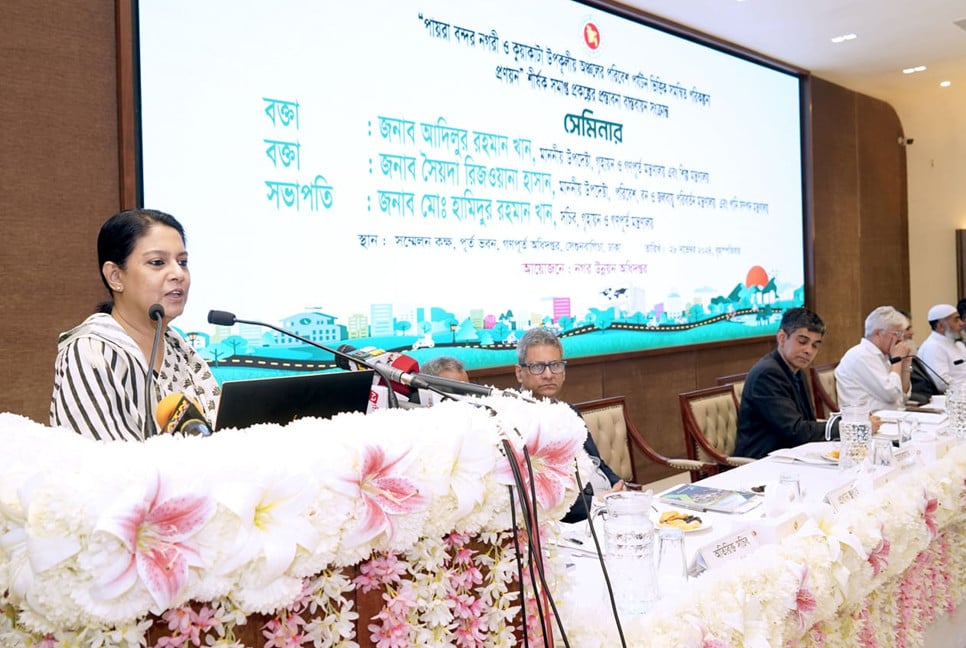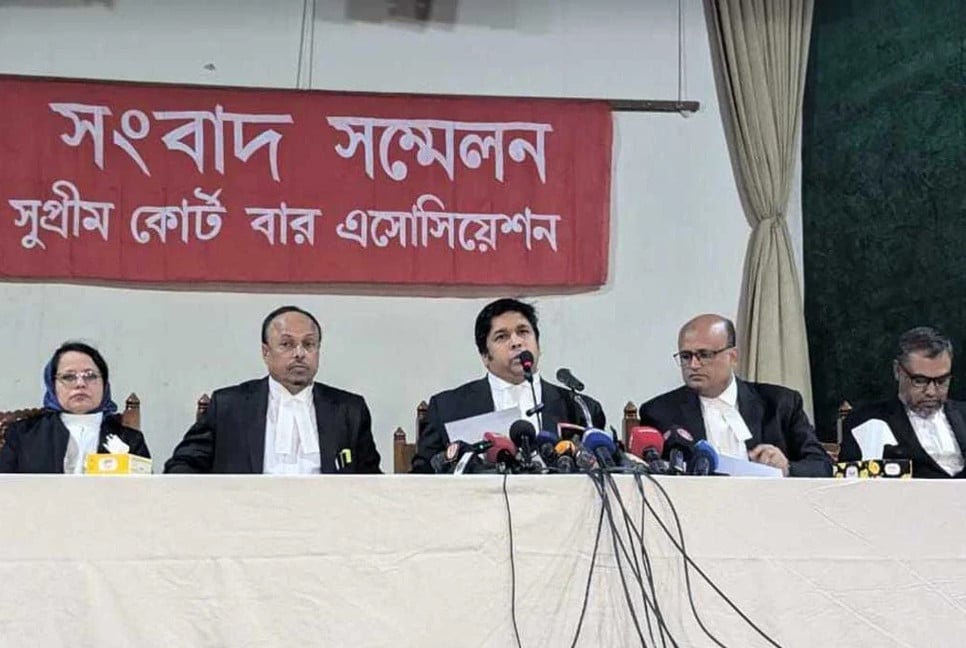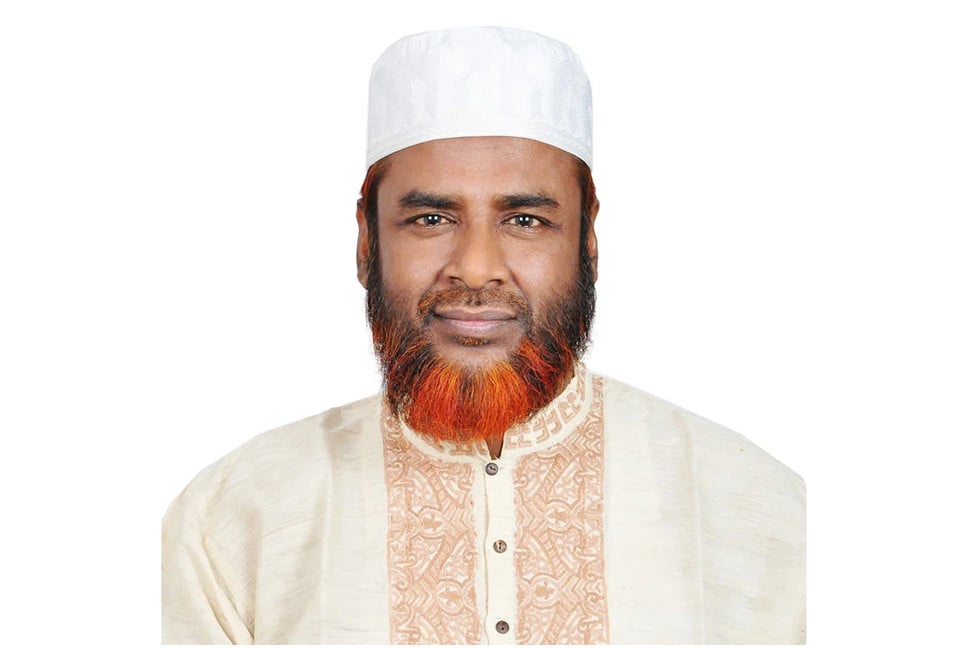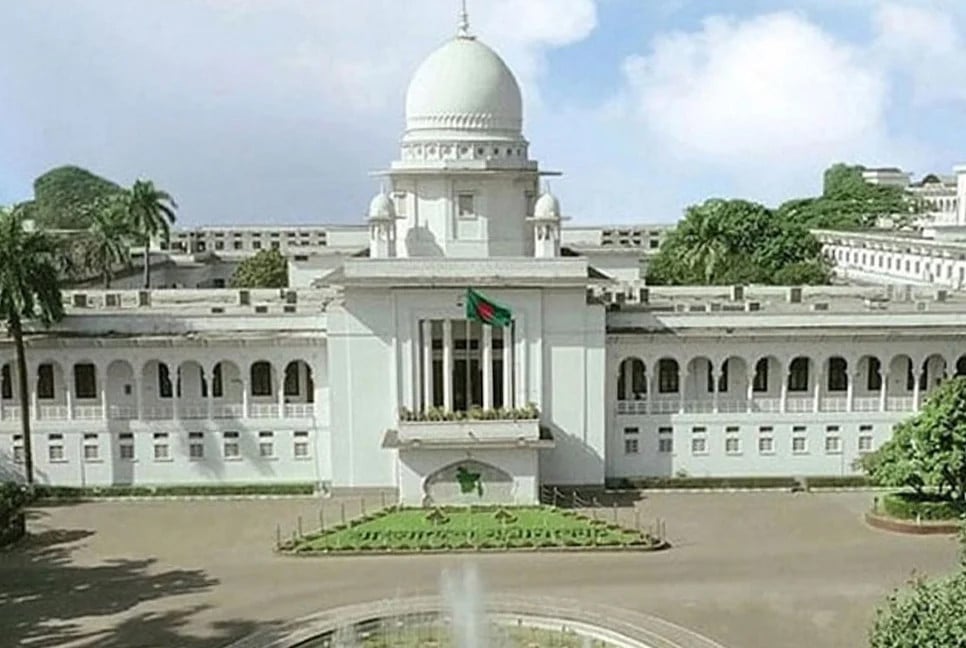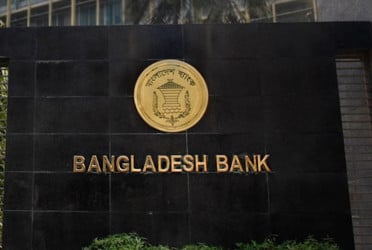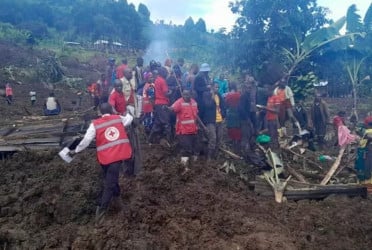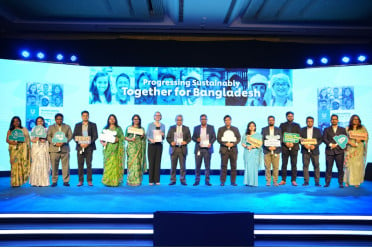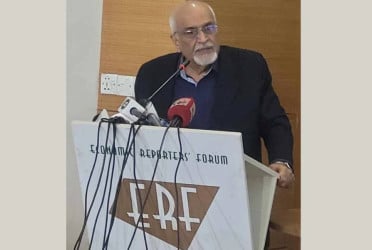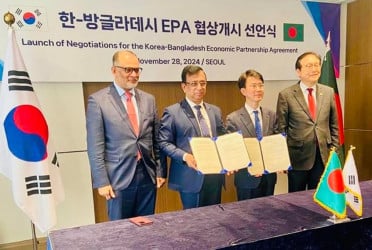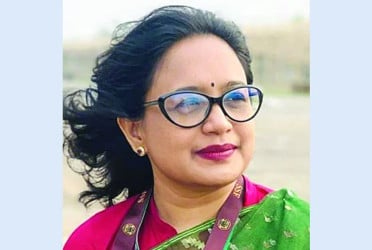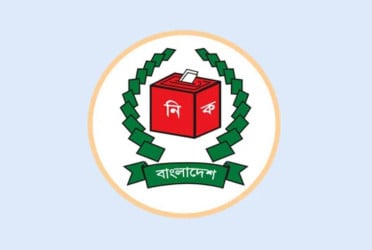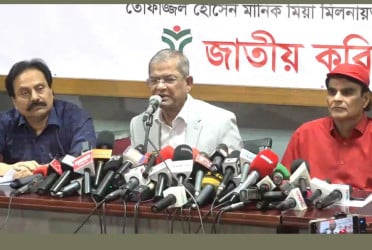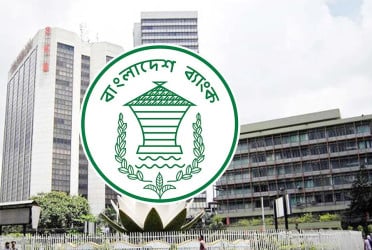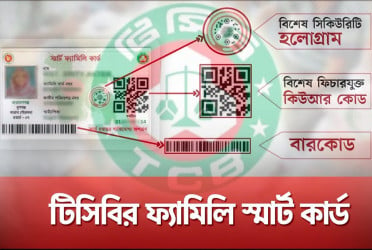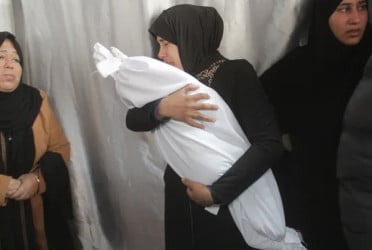The IFC and the Australian High Commission in Dhaka have partnered together on a new project to help create more opportunities for inclusive and sustainable private investment flows in Bangladesh, reports UNB.
The Bangladesh Economic Engagement Program–Private Sector Development Partnership (BEEP-PSDP) project will support emerging needs after the COVID-19 pandemic and promote economic growth, resilience, and inclusivity by aiming to mobilize over $50 million of investment in key growth sectors.
The collaboration aligns with the Bangladesh's development plans and the partners’ strategic priorities, with a focus on revitalizing the private sector and facilitating a sustainable recovery from the COVID-19 pandemic.
"This project will build upon our strong track record in Bangladesh, while adapting to the new requirements that have arisen since the COVID-19 pandemic,” said Martin Holtmann, IFC Country Manager for Bangladesh, Bhutan, and Nepal.
“We are excited about the opportunities this project will generate for enhancing the business environment and encouraging financial access and inclusion, particularly for women.”
Jeremy Bruer, the Australian High Commissioner to Bangladesh said the partnership demonstrates their dedication to supporting economic policies, strengthening institutions, and promoting inclusive private sector development in Bangladesh.
“By working together, we can achieve a sustainable and fair recovery from the impacts of COVID-19,” he said.
Bangladesh aims to become an upper-middle-income nation by 2031 and recognises the necessity of private sector creativity, technology education, and foreign direct investment (FDI).
The BEEP-PSDP project, which is expected to run from 2023 to 2027, is intended to improve competitiveness and diversification, enhance access and inclusion, and promote sustainability and resilience in key economic areas, such as energy, agribusiness, and housing.
The project will work closely with the Government of Bangladesh, relevant ministries, and other development partners to promote public-private dialogue and collaboration for shared objectives under three pillars.
The first pillar will focus on reforming laws and regulationsto improve the business environment to attract more inclusive private investment, especially in sectors affected by COVID-19. One of its goals is to create opportunities for women entrepreneurs.
The second pillar will improve access and inclusion in the financial sector. The project will work closely with financial institutions to promote financial inclusion and speed up the transition to a greener financial sector.
This will include introducing new and inclusive financial products to increase access to finance, with a special focus on women borrowers and those who have limited access to banking services.
The third pillar adapts and seizes strategic opportunities that fall outside the scope of the first two pillars.
Bd-pratidin English/Lutful Hoque

